North Korea defends nuclear weapons as 'sovereign' right
North Korea's mission to the United Nations has defended the country's nuclear arms, saying the weapons do not pose a threat to those who respect its sovereignty.
The North's permanent mission to the UN Office and international organizations in Vienna was quoted by the official Korean Central News Agency (KCNA) on Saturday as making the remarks.
The mission described the country's possession of nonconventional weapons as "its legitimate exercise of sovereignty."
North Korea's "nuclear force will never be a threat to those countries respecting its sovereignty and security interests," the mission added.
It reminded that the North had quit the Nuclear Non-Proliferation Treaty (NPT) in 2003, and was, accordingly, not subject to the agreement's provisions.
The NPT allows its members to quit the treaty if they decided that "extraordinary events, related to the subject matter of the treaty, have jeopardized their supreme interests." Pyongyang, therefore, asserts that its withdrawal from the agreement was "legal."
"Signatories to the NPT should not take issue with the DPRK over its legitimate exercise of sovereignty, as it had legally withdrawn from the NPT 20 years ago," the North Korean mission went on. The DPRK stands for the Democratic People's Republic of Korea, which is the North's official name.
The mission, meanwhile, took aim at the United States -- the only country that has ever deployed nuclear arms -- for ceaselessly finding fault with Pyongyang for owning them, despite its own possession of such weapons.
It urged Washington to stop "sharing nuclear" or "beefing up extended deterrence."
The mission also blasted the US for joining the AUKUS alliance in 2021 -- a pact that allows the US and the UK to assist Australia in acquiring nuclear-powered submarines -- and faulted Washington's Nuclear Consultative Group with South Korea that supposedly seeks to enhance the countries combined deterrence and response posture.
The extended critique came amid rising tensions on the Korean Peninsula, which the North attributes to excessive militarization of the region by the US and its regional allies, the South and Japan, through trilateral war games and deployment of American nuclear assets to the peninsula.
From Iraq to Gaza: The great disconnect between British people and rulers
Syria condemns Israel's killing of 36 in 'horrific' strike on Palmyra
Iran rejects UN human rights resolution as politically-motivated, unjustified
US Senate rejects bids to halt military sales to Israel
US veto of Gaza resolution 'license' for more Israeli crimes: Tehran
Iran urges IAEA Governors Board to oppose E3’s anti-Iran resolution
Nov. 20: ‘Axis of Resistance’ operations against Israeli occupation
VIDEO | Iran celebrates National Hero Day, honoring Martyr Qassem Soleimani


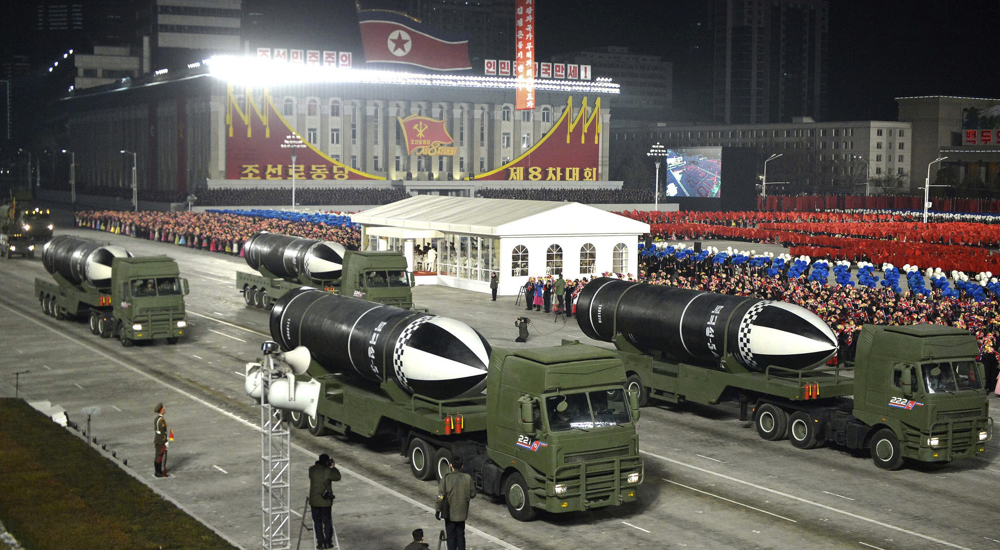
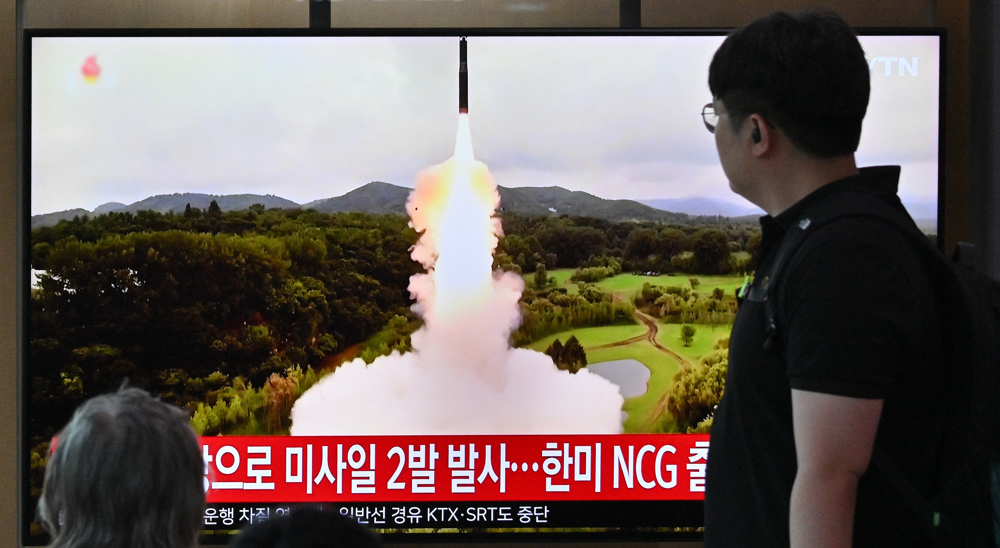
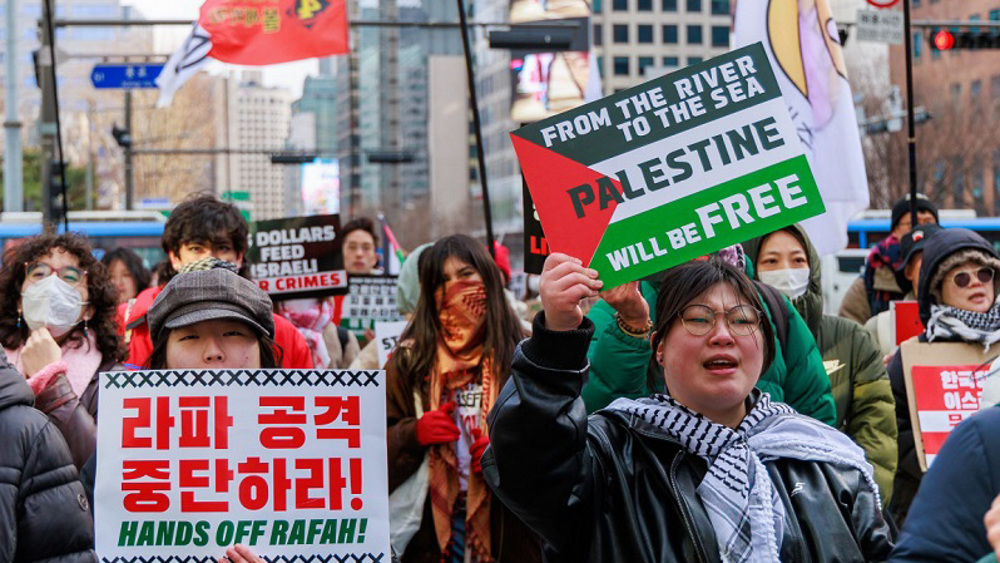
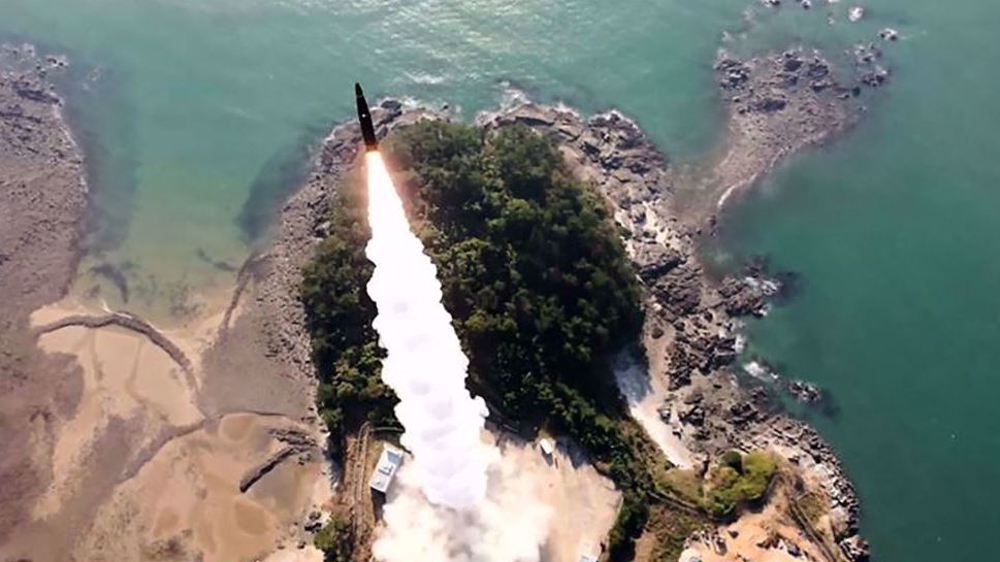
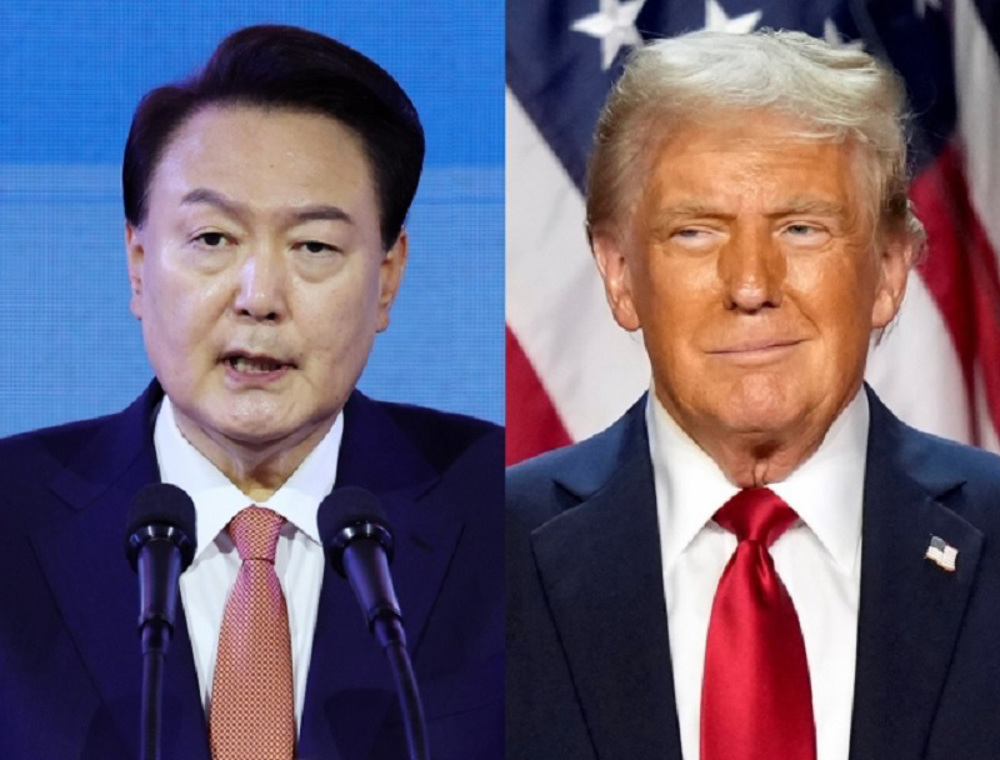



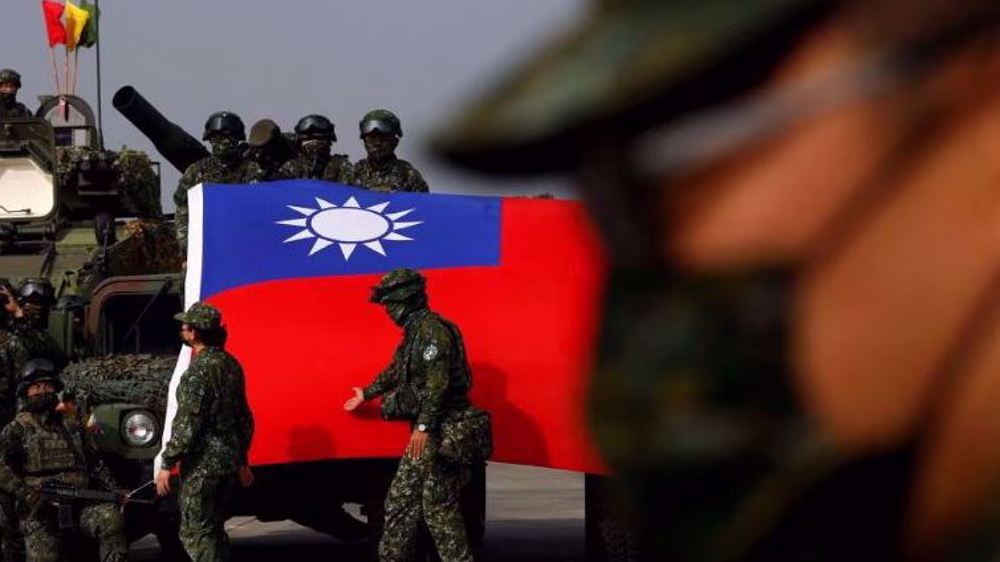
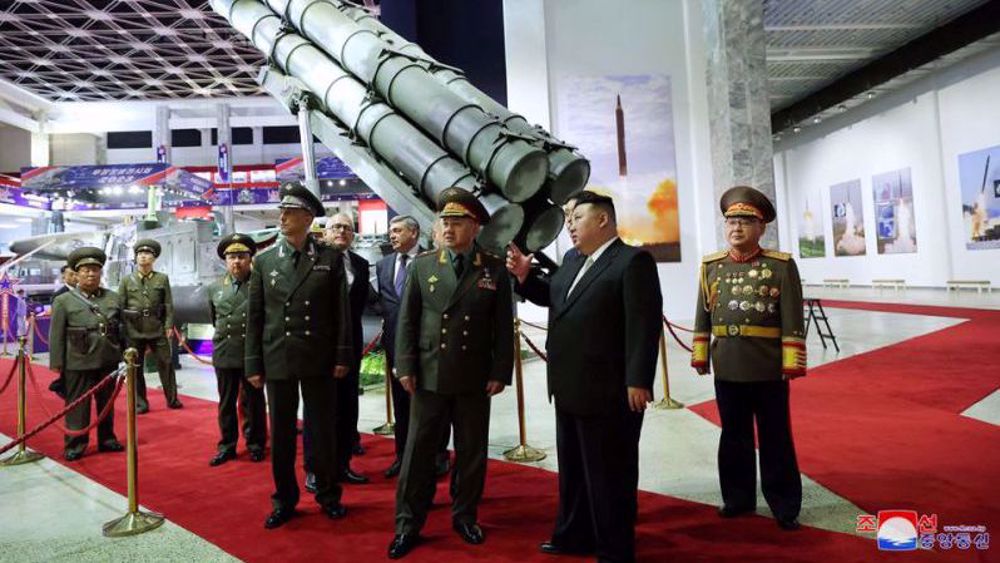
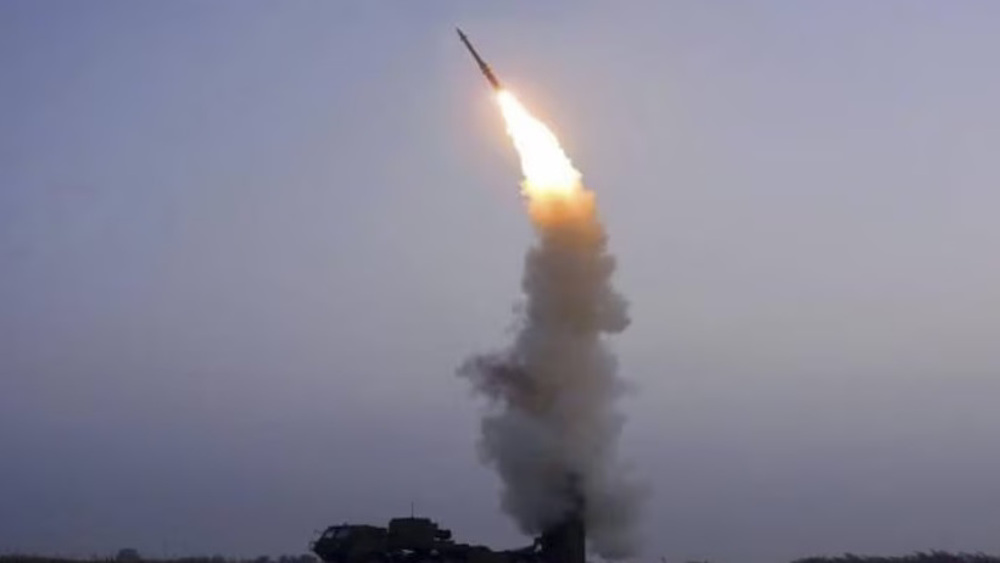

 This makes it easy to access the Press TV website
This makes it easy to access the Press TV website